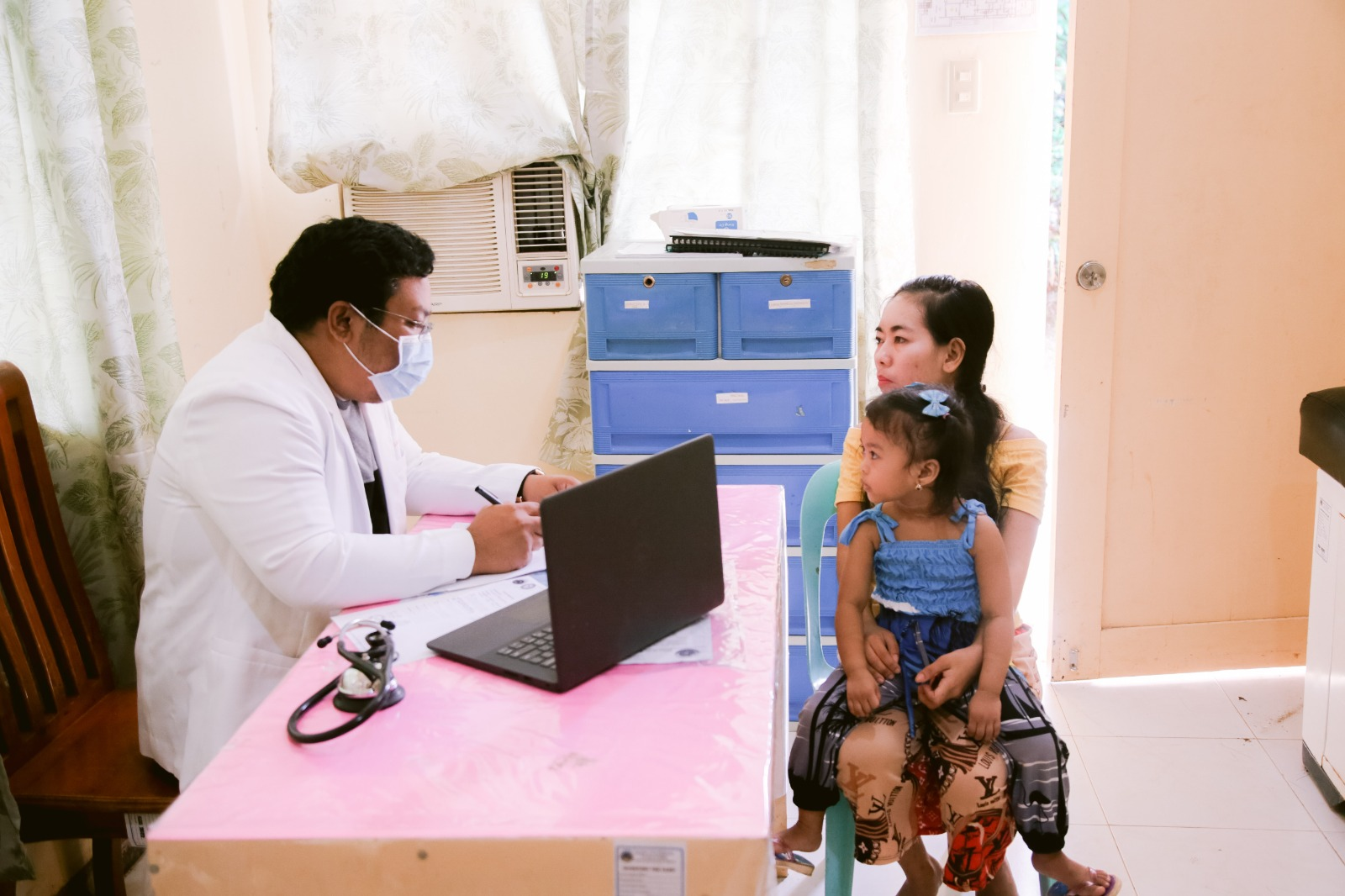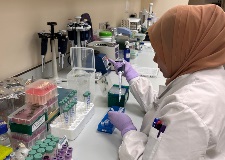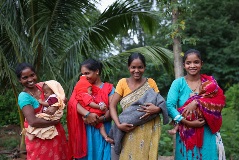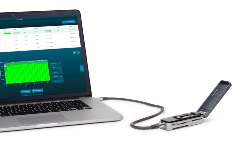Project Partner: CareSpan Asia, Temasek Foundation
Geographies: Philippines
What is the core idea of the pilot?
A key challenge is a lack of access to primary healthcare for more than the Filipino population. Millions live a considerable distance from the nearest healthcare facility, lack sufficient health literacy, and cannot afford the cost of healthcare.
The Philippine government rolled out the Universal Health Care (UHC) programme in 2019 to improve access to healthcare by encouraging each citizen to sign up with a primary care provider. UHC also provides additional funding of ~US$9.05 (PHP500) per citizen per year to the Local Government Units (LGUs) but the funding is conditional & only for enrolled citizens.
Trained Gawad Kalinga (GK) volunteers will engage underserved and low-income communities to spread health awareness and encourage underserved Filipinos to enrol for UHC.
Why is this innovative?
- This is a new model which brings together multiple stakeholders in a PPP (Public-Private-Philanthropic) partnership to drive change and onboard 700,000 underserved Filipinos to UHC in Taguig City and other selected cities
- Telehealth solution (cloud-based) will enable underserved Filipinos to access government doctors in the city in the absence of a doctor in their Barangay Health Centre
- Reduces healthcare costs
- Removes commute times for doctors and patients
- Using blended finance, funders provide a recoverable grant which will be repaid once the project is financially sustainable
- Expected financial sustainability in Years 3 – 4
What will success look like?
1. Improved access to healthcare for underserved
- Citizens sign up for UHC & utilisation rate of tele-consults
- Doctors utilising EMR data
- City planners utililse aggregate EMR data for policy
- More healthcare funds
- Ability to include 350,000 more underserved citizens
How will success be achieved?
Gawad Kalinga (GK) educates the underserved population to increase understanding towards primary care and the use of the CareSpan Asia platform, and to develop health seeking behaviours.
CareSpan Asia works with both the local government and GK to mobilise communities to register citizens i.e. increase the number of constituents using the service.
Who is leading the project?
CareSpan Asia, Inc. (CAI) is a joint venture established in 2020 between CareSpan Holdings, Inc., an American company which developed the CareSpan Virtual Clinic , and Argosy Partners, Inc., a Philippine investment and advisory firm. CAI holds a perpetual license to the CareSpan Virtual Clinic for ASEAN, with exclusivity for the Philippines.






